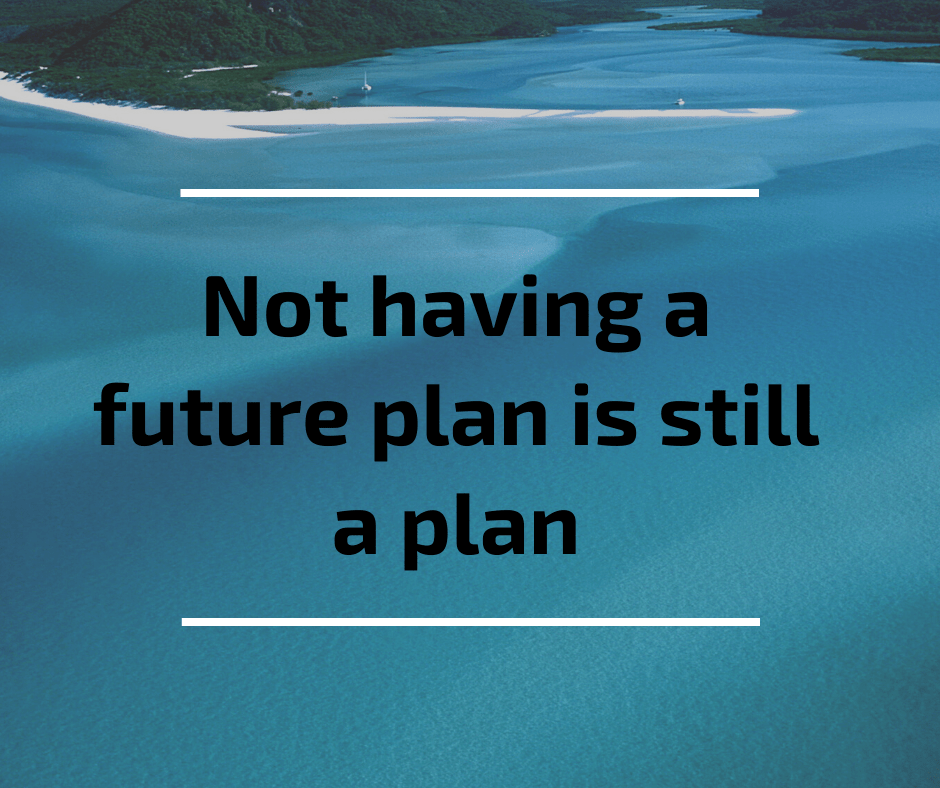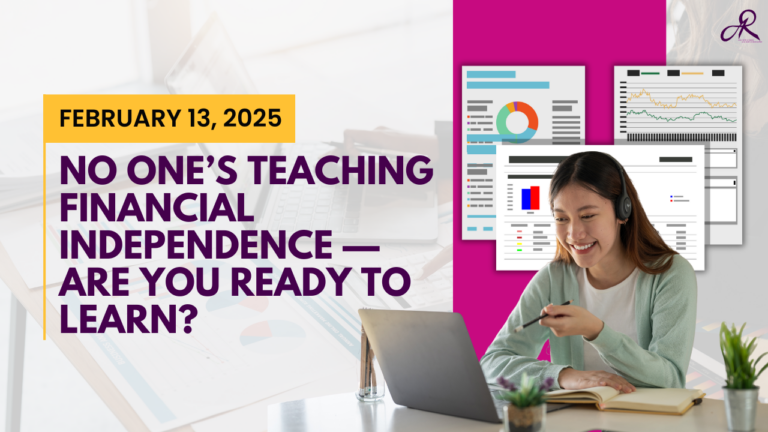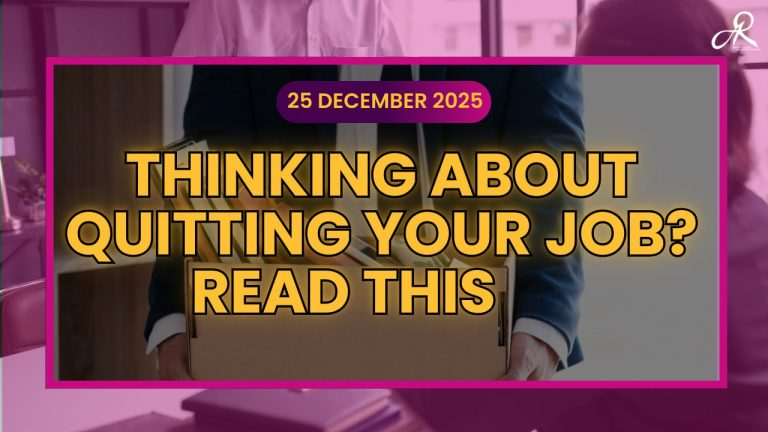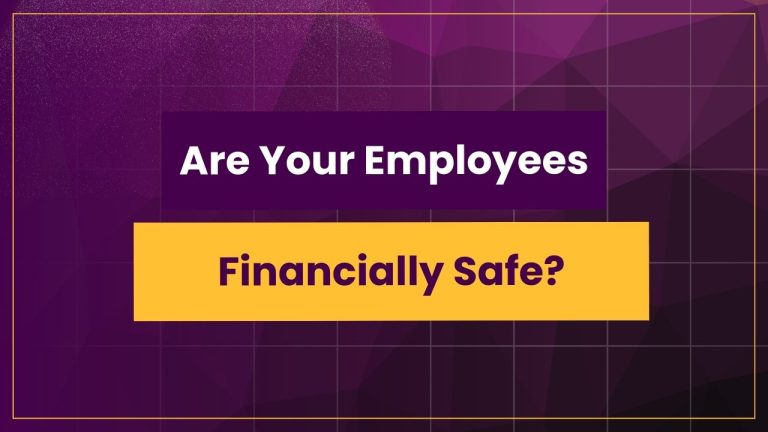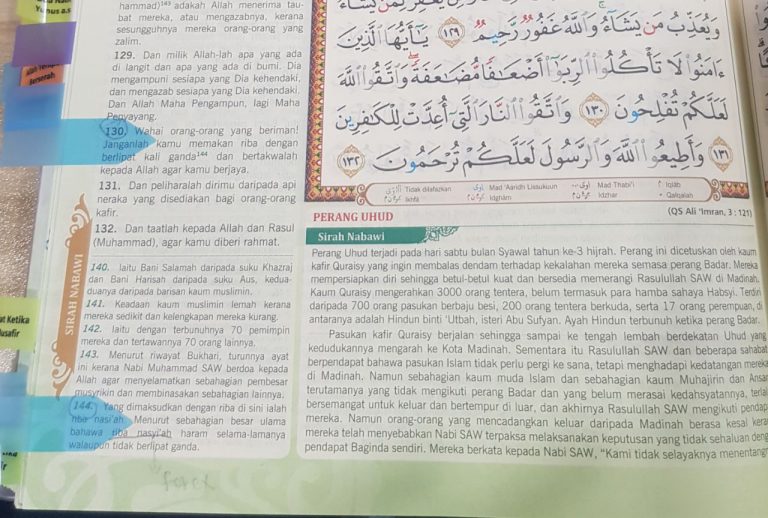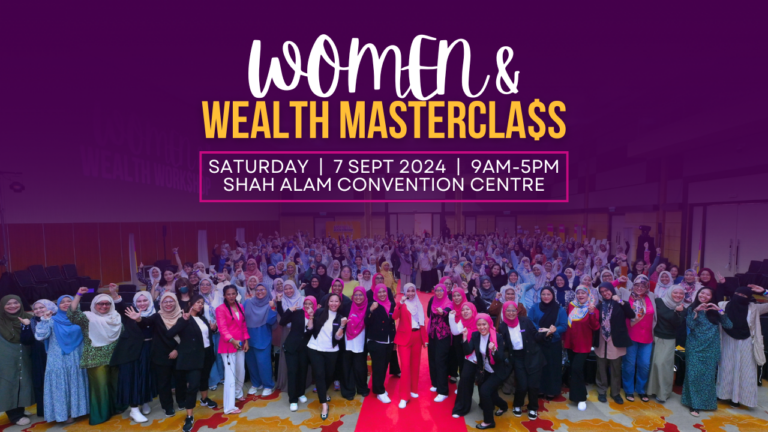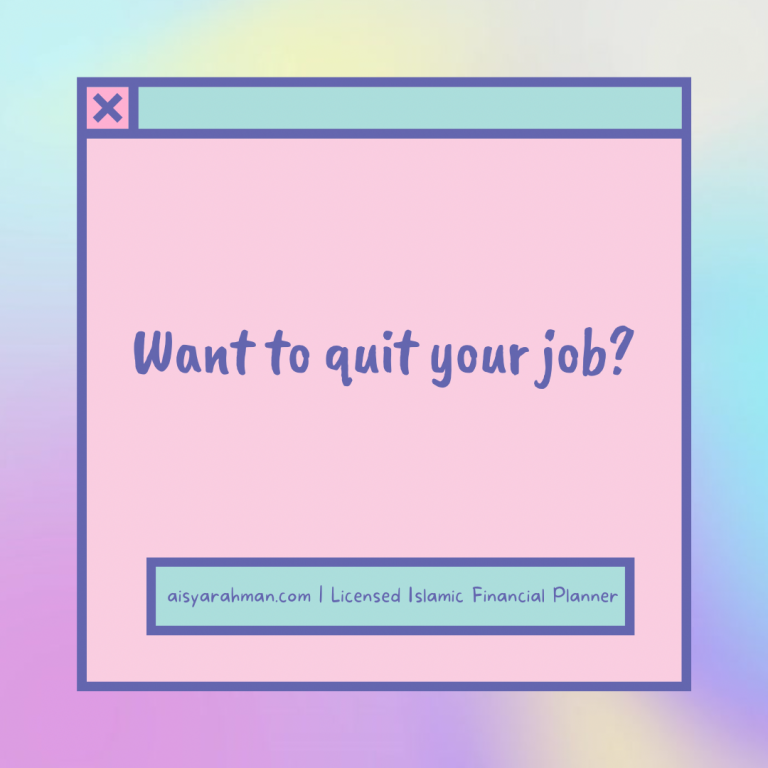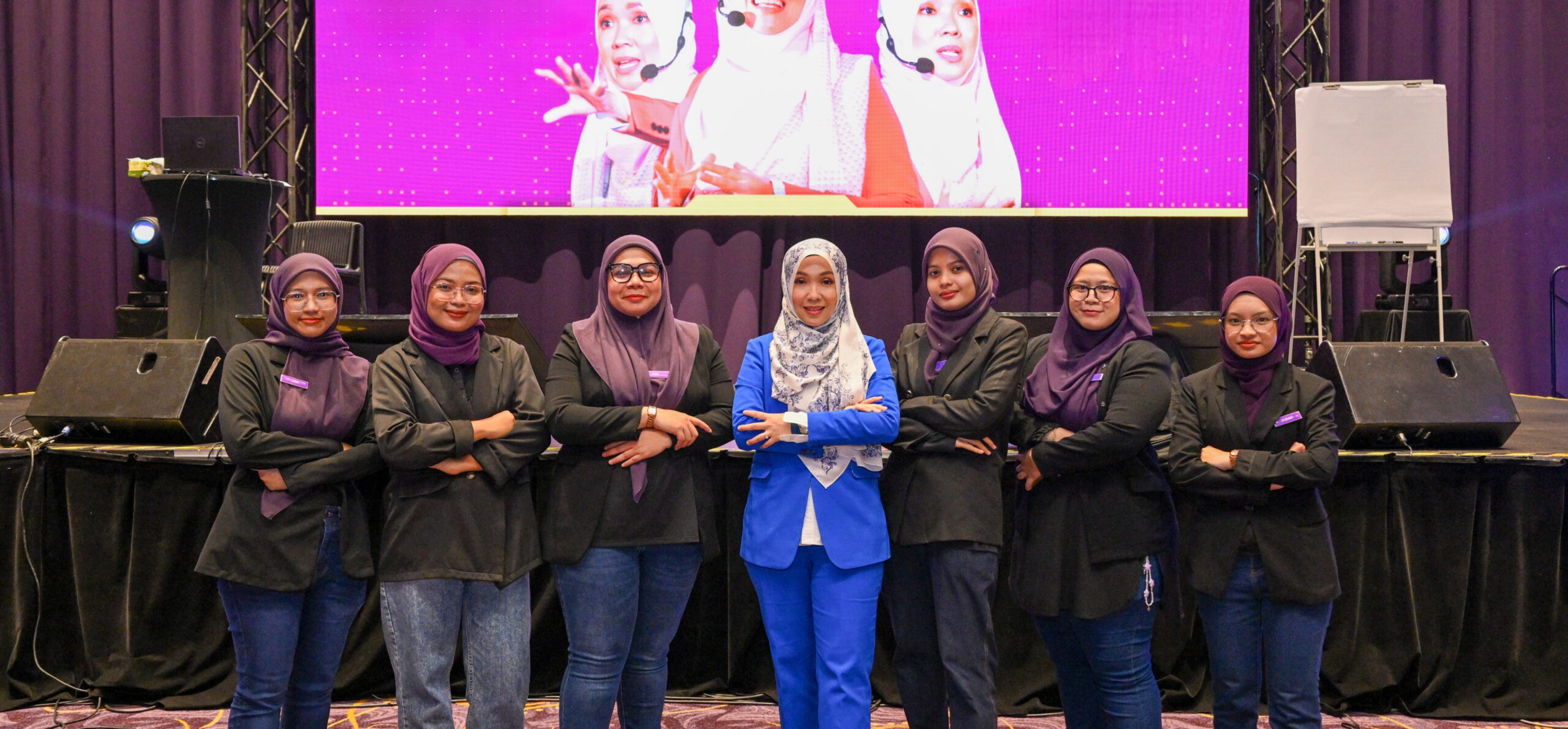Whatever that you do, do you always: start with the end in mind?
Take KLCC for example. It wouldn’t have been launched on time if all parties involved didn’t know when the inauguration date was going to be. A deadline was all it took to make the project come to life.
It is easier to plan for a project because the readiness is tangible. Brick by brick, you get to see how this skyscraper is formed.
What about personal projects such as our own health, our retirement, our children’s education, and our departure from this world?
Do we invest the same amount of time that we invest at work into our own future well-being?
Do we consciously choose to plan for ourselves, or are we too consumed with work that we use our career as an excuse to not plan for rainy days, for our future, for those that depend on us, because let’s just face it – we don’t have the time, we’re too busy.
Whenever I meet a prospect or revisit an existing client, I’ll ask about their vision, about how they see themselves 10 or 20 years down the road. Common answer that I’ll hear: “I’m not sure, haven’t thought about it”.
If you’re having a similar response, it is probably due to the fact that perhaps nobody has ever asked you about what you want to achieve for your future self.
It is an uncharted territory, an unfamiliar doing; to stop, breathe, and think about what your goals really are, your desire of really retiring comfortably in your golden days or better yet, earlier.
Somehow some of us have been programmed like robots; trained to get up early, face traffic jam, work, get paid and pay bills 365 days a year.
One day we may wake up and finally realise that we have spent more than half of our lifetime planning for others – the corporation that we work for. In exchange of that, we trade off our most important asset, and that is ourselves.
I have met a handful of retirees who stepped out of the workforce with less than RM1 million in their EPF, mostly with no insurance policy to pay for their own hospitalisations during retirement.
So typically they would first ask for healthcare policy quotes and because of age, on average someone in their 50s will need to pay at least close to RM1,000 monthly – who could afford such policy in retirement? Definitely not many. Good if they could. Even if they could afford it, would insurance companies want to accept their application, given their not so impressive health conditions? Chances could be slim.
Then comes the next important thing – to preserve the only cash or savings that they’ve got from years of employment. It is possible to preserve all that they’ve got from EPF, but it is not sustainable, at least not for long, depending on how their retirement lifestyle will be like. Retiring from 55 and living up til 80, that’s 25 years of retirement with no salary. Do you think RM1 million is sufficient? That’s like living on a fixed RM3,333 retirement salary for the next 25 years or 300 months to come. If you walk into retirement with mortgage fully paid off, that should be more than enough. But what if it isn’t, given whatever your financial commitments are on that day?
Could you put yourself in their shoes? Regardless of how old you are right now, can you imagine retiring with only RM1 million or less, with children who may continue to live with you, with the uncertain health condition, without any medical plans to combat against the rising cost of medical? How would you handle these risks and challenges then?
At the end of the day, not planning for our future is still a plan. Winging it is still a plan. Just that.. one needs to be ready to pay more for the shortcoming of not planning properly.

